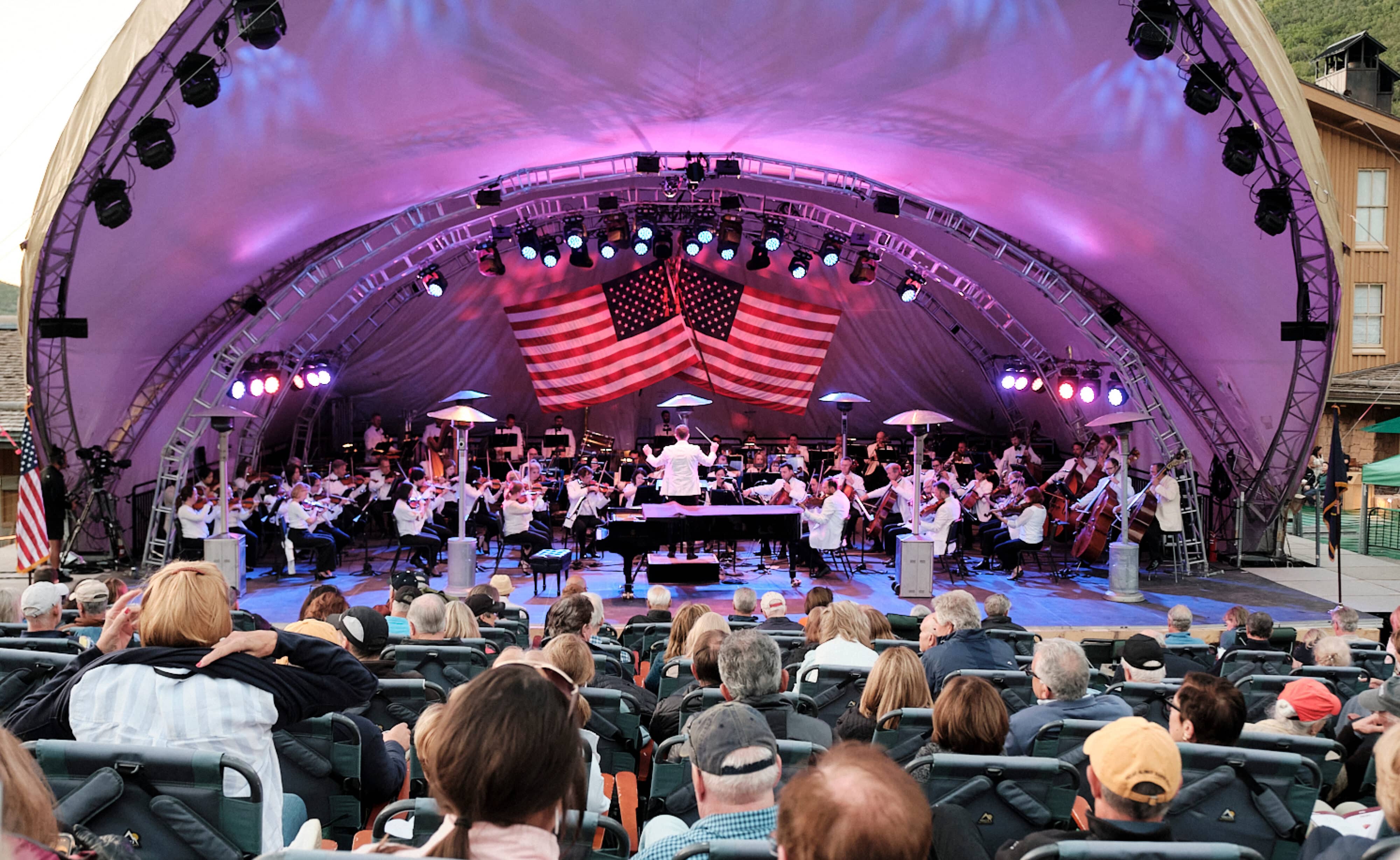Berlioz – La damnation de Faust, op. 24
by Jeff Counts
Instrumentation: 3 flutes (all double piccolo), 2 oboes (both double English horn), 2 clarinets, bass clarinet, 4 bassoons, 4 horns, 2 trumpets, 2 cornets, 3 trombones, 2 tubas, 2 timpani, bass drum, snare drum, triangle, tam-tam, cymbals, chimes, 2 harps, strings, chorus, solists MTBarB.
Duration: 136 minutes in four parts.
THE COMPOSER – HECTOR BERLIOZ (1803-1869) – Berlioz took a break from his concert tours to visit Bonn in 1945 for a Beethoven Festival organized by his friend Franz Liszt. The commemorative event was attended by many of the musical luminaries of the day and representatives from many royal houses around Europe. For Berlioz, the time spent in Germany provided inspiration to return focus to a literary obsession he had kindled over 15 years earlier.
THE HISTORY – It has been said before but it bears repeating. In the realm of secular, literature-based music, only one name can be reasonably suggested for the crown. That would be Shakespeare, of course, but the next name on the list would undoubtedly be Goethe. Once translations of his great drama Faust began to travel the world, its status as a textual lodestone for composers was confirmed. Berlioz experienced the French version of Faust in the late 1820s and found it so compelling he read it constantly. It is no surprise that his first official opus was based on the Goethe story. This was the Eight Scenes from Faust (unfortunately a work Berlioz would eventually disown as juvenilia and attempt to personally destroy every copy of). By 1845, the composer was ready to treat the dearly held story to a much grander and more mature setting. The “dramatic legend” La damnation de Faust was completed in 1846 as a large-scale oratorio for orchestra, chorus and soloists. The premiere performances took place in December of that year to “half-empty houses” and Berlioz wrote of his disappointment with “the fashionable Paris audience” that continually treated him like an “obscure conservatory student.” “Nothing in my career,” he stated, “has wounded me more deeply than this unexpected indifference.” It was a huge setback for Berlioz financially. He had paid for the performances personally and their failure left him ruined. Luckily, the rest of Europe greeted him kindly and found the new work thrilling and, most importantly, paid well to hear it. France too would eventually see the genius of Berlioz’ version of the Faust legend, but sadly not while the composer lived.
THE WORLD – Pope Pius IX began his 32-year reign in 1846. Also that year, the planet Neptune was discovered by Johann Gottfried Galle at the Berlin Conservatory, and both the Mexican-American and Second Carlist wars (in Spain) began.
THE CONNECTION – La damnation de Faust was last performed on the Utah Symphony Masterworks Series in 2003 as part of the company’s Faust Festival.












